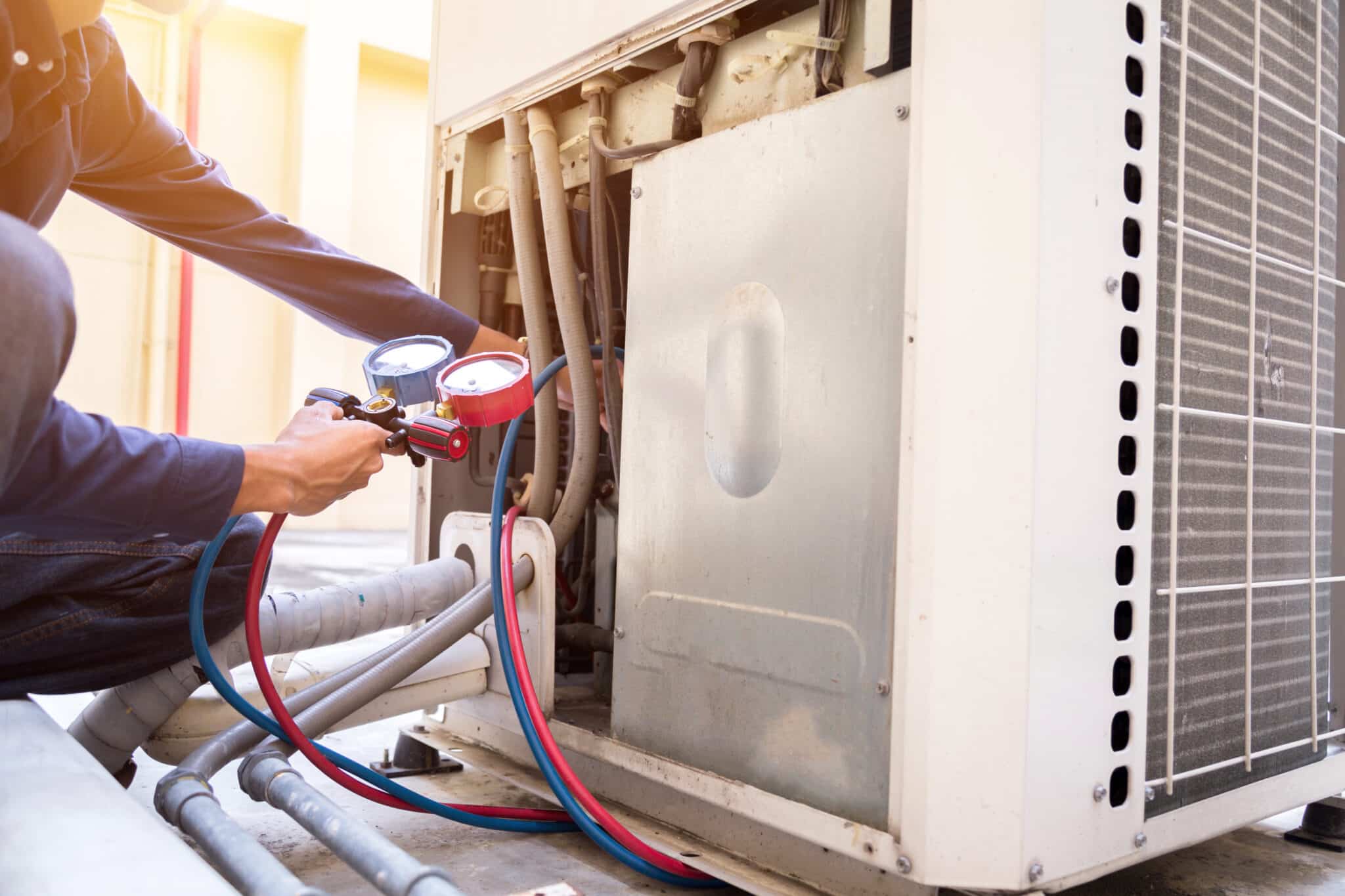

Articles
How Much Is Freon For AC Unit
Modified: October 18, 2024
Discover articles on how much freon costs for your AC unit. Find helpful information and tips to manage your AC maintenance budget.
(Many of the links in this article redirect to a specific reviewed product. Your purchase of these products through affiliate links helps to generate commission for Storables.com, at no extra cost. Learn more)
Introduction
When it comes to keeping our homes comfortable and cool during the hot summer months, air conditioning units play a crucial role. These units rely on a refrigerant called Freon to cool the air and maintain a comfortable temperature indoors. However, over time, the Freon levels in our AC units may run low or deplete, requiring a refill. But how much does Freon for an AC unit actually cost?
In this article, we will delve into the world of Freon, its types, average costs, factors affecting the price, purchasing options, and even explore alternatives to Freon for AC units. By the end, you’ll have a clearer understanding of what to expect when it comes to the expense of refilling the vital refrigerant in your air conditioning system.
Key Takeaways:
- Understanding the Cost of Freon
The cost of Freon for AC units can range from $40 to $175 per pound, influenced by factors such as the type of refrigerant, regional variations, and HVAC technician charges. Consulting professionals and considering alternative refrigerants can help homeowners make informed decisions. - Importance of Professional Guidance
Consulting licensed HVAC professionals is crucial when purchasing and refilling Freon for AC units. Reputable suppliers, safety measures, and consideration of alternative refrigerants, such as R-410A and R-32, ensure proper installation and system performance.
Read more: How To Put Freon In AC Unit
Understanding Freon
To comprehend the cost of Freon for an AC unit, it is essential to understand what Freon is and how it functions within the system. Freon, also known as refrigerant, is a chemical compound that plays a crucial role in the cooling process of air conditioning units.
Freon works by absorbing heat from the indoor air and releasing it outside, thereby lowering the temperature inside your home and providing a cool and comfortable environment. It goes through a continuous cycle within the air conditioning system, changing from a gas to a liquid and vice versa.
The specific type of Freon used in AC units is known as hydrochlorofluorocarbon, or HCFC. Up until recently, the most commonly used type of HCFC was R-22, also known by its brand name Freon. However, due to its harmful impact on the ozone layer, the production and importation of R-22 has been phased out in many countries.
Nowadays, a more environmentally friendly alternative called R-410A, commonly known as Puron, is being used in newer air conditioning systems. R-410A has become the industry standard and is considered to be a more sustainable option.
It’s important to note that if your AC unit was manufactured before 2010, it may still use the old R-22 refrigerant. In this case, the cost of Freon for your AC unit might be significantly higher due to the reduced availability of R-22.
Now that we have a basic understanding of Freon and its role in cooling our homes, let’s explore the different types of Freon and their average costs.
Types of Freon
There are several types of Freon, or refrigerants, used in air conditioning systems. The specific type of Freon used in your AC unit depends on its age, model, and manufacturer. Here are some of the most common types of Freon used in air conditioning systems:
- R-22 (Freon): R-22 is one of the oldest and most widely used refrigerants in AC units. However, as mentioned earlier, the production and importation of R-22 have been phased out due to its harmful impact on the ozone layer. Consequently, the availability of R-22 is diminishing, making it more expensive compared to other types of refrigerants.
- R-410A (Puron): R-410A is the new standard for air conditioning systems. It is a more environmentally friendly and energy-efficient refrigerant compared to R-22. AC units that use R-410A are designed to handle the higher pressures associated with this refrigerant. As a result, the cost of R-410A is generally lower than R-22. If your AC unit was manufactured after 2010, it is likely to use R-410A.
- R-134a: R-134a is commonly used in automotive air conditioning systems. It is a hydrofluorocarbon (HFC) refrigerant that has minimal impact on the ozone layer. The cost of R-134a is relatively affordable and readily available.
It is important to note that each type of Freon has its own unique properties and compatibility requirements. It is crucial to consult your AC unit’s manual or contact a professional technician to determine the appropriate type of Freon for your specific system.
Now that we have discussed the different types of Freon, let’s explore the average cost of Freon for AC units in more detail.
Average Cost of Freon for AC Units
The cost of Freon for AC units can vary depending on several factors, such as the type of refrigerant needed, the region you live in, and the HVAC technician’s fee. Generally, the average cost of Freon can range from $40 to $175 per pound.
In the case of R-22 (Freon), which is being phased out, the cost per pound tends to be higher due to its decreasing availability. On the other hand, R-410A (Puron) is generally more affordable as it is the newer standard and more widely used.
The amount of Freon required for your AC unit depends on its size and the extent of the refrigerant loss. On average, a typical residential AC unit may require around 2 to 4 pounds of Freon. However, it is essential to note that AC systems should not experience refrigerant leaks under normal circumstances. If you find yourself frequently needing to replenish the Freon, there may be an underlying issue that needs to be addressed by a professional HVAC technician.
When calculating the overall cost of Freon for your AC unit, it is crucial to consider the labor fees associated with recharging the refrigerant. HVAC technicians typically charge an hourly rate, which can range from $80 to $150 per hour. The time required for the refill may vary depending on the complexity of the system, any necessary repairs, and the technician’s experience.
Lastly, it is important to note that attempting to refill the Freon yourself without proper training and certification can not only be dangerous but can also damage your AC system further. It is always advisable to hire a licensed HVAC professional to handle any refrigerant-related tasks.
Now that we have explored the average cost of Freon for AC units, let’s examine the factors that can affect the price of Freon.
When purchasing Freon for your AC unit, be sure to check the type and amount required by your specific unit. Prices can vary, so it’s a good idea to shop around and compare costs from different suppliers or service providers.
Factors Affecting Freon Cost
Several factors can impact the cost of Freon for AC units. By understanding these factors, you can get a better idea of why the price may vary. Here are some key factors to consider:
- Type of Refrigerant: The type of refrigerant required for your AC unit plays a significant role in the cost. R-22 (Freon), being phased out and less available, tends to be more expensive compared to alternatives like R-410A (Puron) that are more commonly used and readily accessible.
- Refrigerant Quantity: The amount of Freon needed to recharge your AC unit depends on its size, age, and any leaks or system issues. Larger units or systems with significant refrigerant loss may require more Freon, leading to higher costs.
- Regional Factors: The cost of Freon can vary based on your geographical location. Factors such as supply and demand, local regulations, and the availability of HVAC technicians can influence the overall price. Areas with a higher demand for AC services may have higher Freon costs due to increased competition and operating expenses.
- HVAC Technician Charges: The labor fees associated with refilling the Freon can also impact the overall cost. HVAC technicians typically charge an hourly rate, and the complexity of the job, additional repairs, and the technician’s level of expertise can influence the final price.
- System Age and Compatibility: Older AC units that still use R-22 (Freon) may face higher costs due to the decreasing availability of this refrigerant. Additionally, if your system requires retrofits or modifications to accommodate a different type of refrigerant, this can increase the overall expense.
It is important to keep these factors in mind when considering the cost of Freon for your AC unit. Understanding the specific requirements of your system, consulting with HVAC professionals, and staying informed about regional pricing trends can help you plan and budget accordingly.
Now that we have discussed the factors affecting Freon costs, let’s explore how to purchase Freon for your AC unit.
Read more: How Do I Know If My AC Needs Freon
How to Purchase Freon for AC Unit
When it comes to purchasing Freon for your AC unit, it is important to follow the proper procedures and ensure compliance with regulations. Here are some steps to consider:
- Consult with a Professional: Before purchasing Freon, it is crucial to consult with a licensed HVAC professional. They will be able to assess your AC unit, determine the correct type and amount of refrigerant needed, and address any underlying issues that may be contributing to the need for a Freon refill.
- Choose a Reputable Supplier: Once you have the necessary information, it’s time to find a reputable supplier or distributor of refrigerants. Look for suppliers that specialize in HVAC products and have a track record of providing quality products.
- Verify Compliance: Ensure that the supplier complies with all local regulations and environmental standards regarding the handling and distribution of refrigerants. This helps prevent the use of illegal or counterfeit products and ensures the safety of your AC system.
- Validate the Refrigerant: It is important to validate the refrigerant’s origin and authenticity. Look for appropriate certifications or labels on the packaging, indicating that it meets the required standards and is safe to use in your AC unit.
- Follow Safety Measures: Refrigerants can be harmful if mishandled. Always prioritize safety and follow the recommended safety measures provided by the supplier, including proper storage, usage, and disposal guidelines.
- Consider Professional Installation: While some individuals may opt to purchase Freon and attempt the refill themselves, it is highly recommended to hire a licensed HVAC professional to handle the task. They have the expertise, tools, and knowledge to safely and accurately recharge the refrigerant in your AC unit.
By following these steps and working with professionals, you can ensure the proper purchase and installation of Freon for your AC unit. Remember to prioritize safety and compliance throughout the process to maintain the longevity and efficiency of your air conditioning system.
Next, let’s explore some alternatives to Freon for AC units.
Freon Alternatives for AC Units
With the phase-out of R-22 (Freon) due to its environmental impact, alternative refrigerants have been developed as more sustainable options for AC units. These alternatives offer similar cooling capabilities while reducing harm to the ozone layer and minimizing greenhouse gas emissions. Here are some common Freon alternatives:
- R-410A (Puron): R-410A is one of the most widely used alternatives to R-22. It is an environmentally friendly hydrofluorocarbon (HFC) refrigerant that does not deplete the ozone layer. AC units that use R-410A are designed to handle the higher pressures associated with this refrigerant. It is the standard refrigerant used in newer AC systems.
- R-32: R-32 is another HFC refrigerant that is gaining popularity as a substitute for R-410A. It has a lower global warming potential (GWP) compared to R-410A, making it a more environmentally friendly option. R-32 is used in some newer AC units and offers efficient cooling performance.
- R-134a: While primarily used in automotive air conditioning systems, R-134a is also a refrigerant alternative for smaller residential AC units. It is an HFC refrigerant and is considered to have a lower impact on the ozone layer compared to R-22. However, it has a higher global warming potential than some other alternatives.
When considering alternatives to Freon for your AC unit, it is essential to consult with a licensed HVAC professional. They will assess your system’s compatibility, recommend the most suitable refrigerant alternative, and ensure proper installation and handling.
It’s important to note that retrofitting your AC unit to accommodate a different refrigerant may be necessary when switching from R-22 to one of these alternatives. Retrofitting involves modifying or replacing certain components of your system to ensure compatibility and optimal performance.
Before making any decisions, it is crucial to understand the specific requirements of your AC unit and consult with professionals who have the expertise to guide you through the process. They can provide valuable insights and recommendations based on your system’s specifications.
Now that we have explored Freon alternatives, let’s conclude our discussion.
Conclusion
Understanding the cost of Freon for AC units is important for homeowners looking to maintain a comfortable and cool indoor environment. Freon, or refrigerant, plays a vital role in the cooling process of air conditioning units.
In this article, we explored the different types of Freon, including R-22 (Freon) and R-410A (Puron), and their average costs. We learned that the availability and phase-out of certain refrigerants can impact the overall price. The cost of Freon can range from $40 to $175 per pound, with factors such as the type of refrigerant, regional factors, and HVAC technician charges influencing the total cost.
We discussed the importance of consulting with professionals when purchasing Freon for your AC unit. Reputable suppliers that comply with regulations and provide authentic refrigerants should be preferred. It is crucial to follow safety measures and consider hiring licensed HVAC professionals to handle the Freon refill to ensure proper installation and system performance.
We also explored alternative refrigerants to Freon, such as R-410A, R-32, and R-134a. These alternatives offer more environmentally friendly options while maintaining efficient cooling capabilities. It is essential to consult with HVAC professionals to determine the best alternative for your specific AC unit and ensure compatibility through retrofitting if needed.
By understanding the cost factors, consulting with professionals, and considering alternative refrigerants, homeowners can make informed decisions regarding the purchasing and maintenance of Freon for their AC units.
Remember, regular maintenance and proper care of your AC unit can help minimize the need for Freon refills and extend the lifespan of your system. If you have any concerns or questions, it is always advisable to consult with HVAC professionals who can provide expert advice and assistance.
Now armed with the knowledge gained throughout this article, you are better equipped to navigate the world of Freon and ensure optimal performance and comfort in your home’s air conditioning system.
Frequently Asked Questions about How Much Is Freon For AC Unit
Was this page helpful?
At Storables.com, we guarantee accurate and reliable information. Our content, validated by Expert Board Contributors, is crafted following stringent Editorial Policies. We're committed to providing you with well-researched, expert-backed insights for all your informational needs.
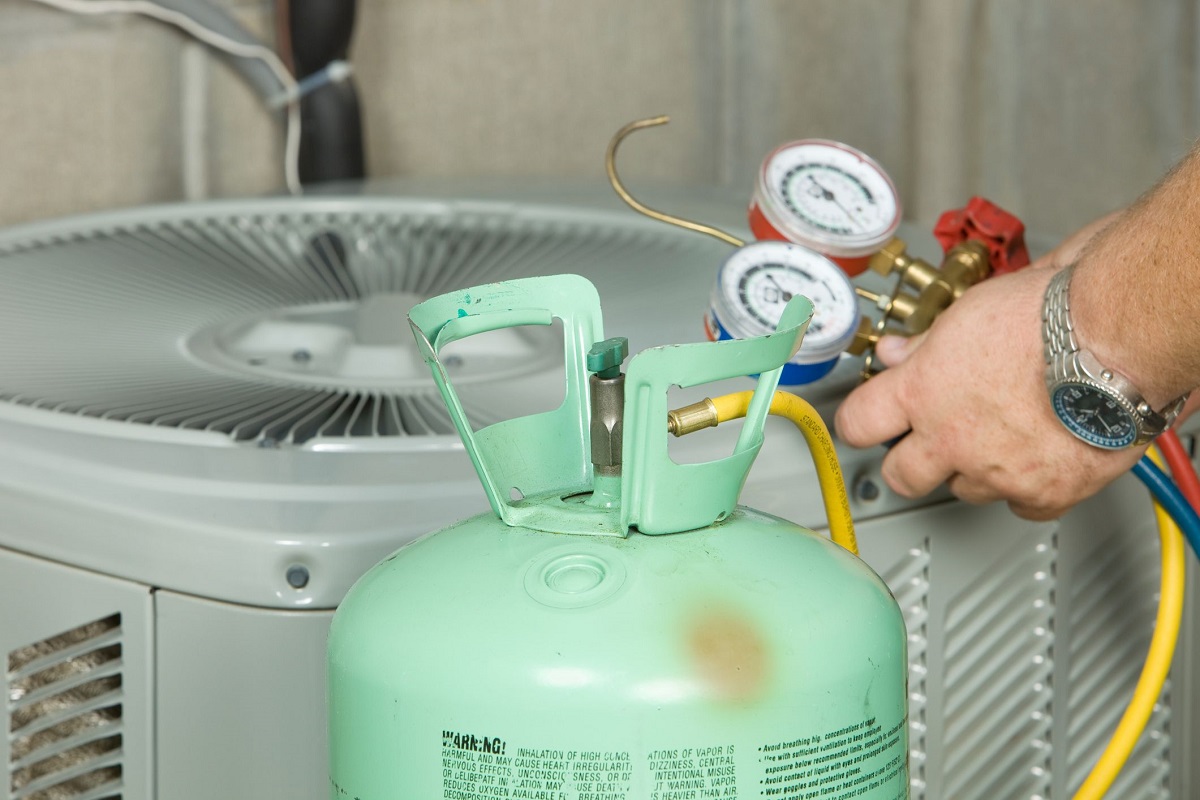
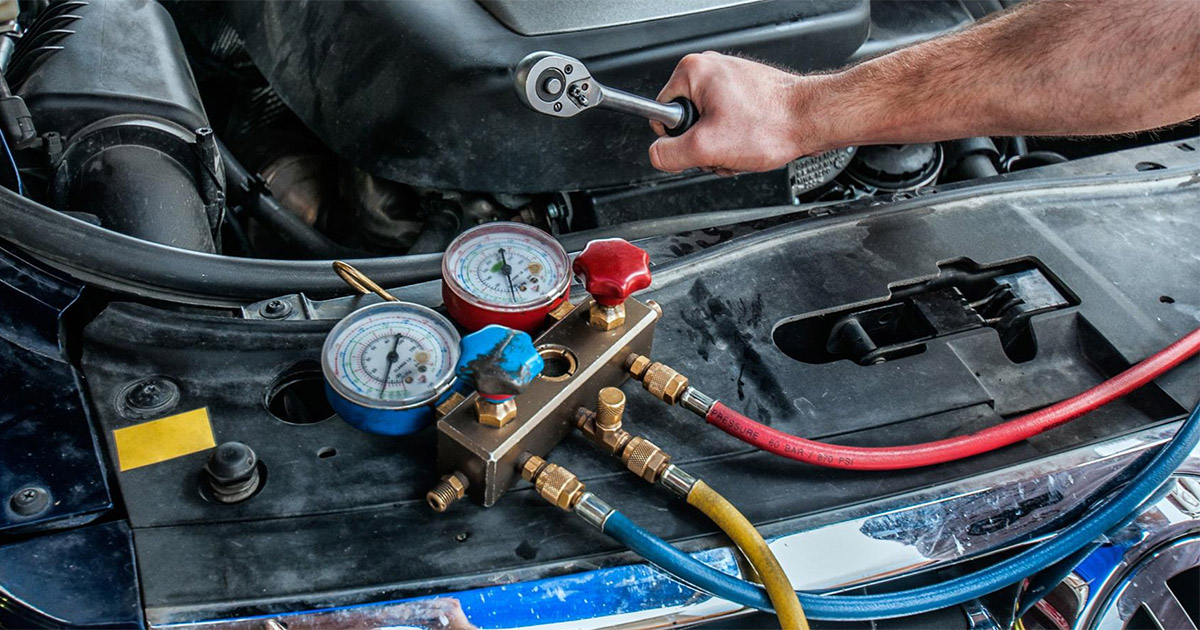
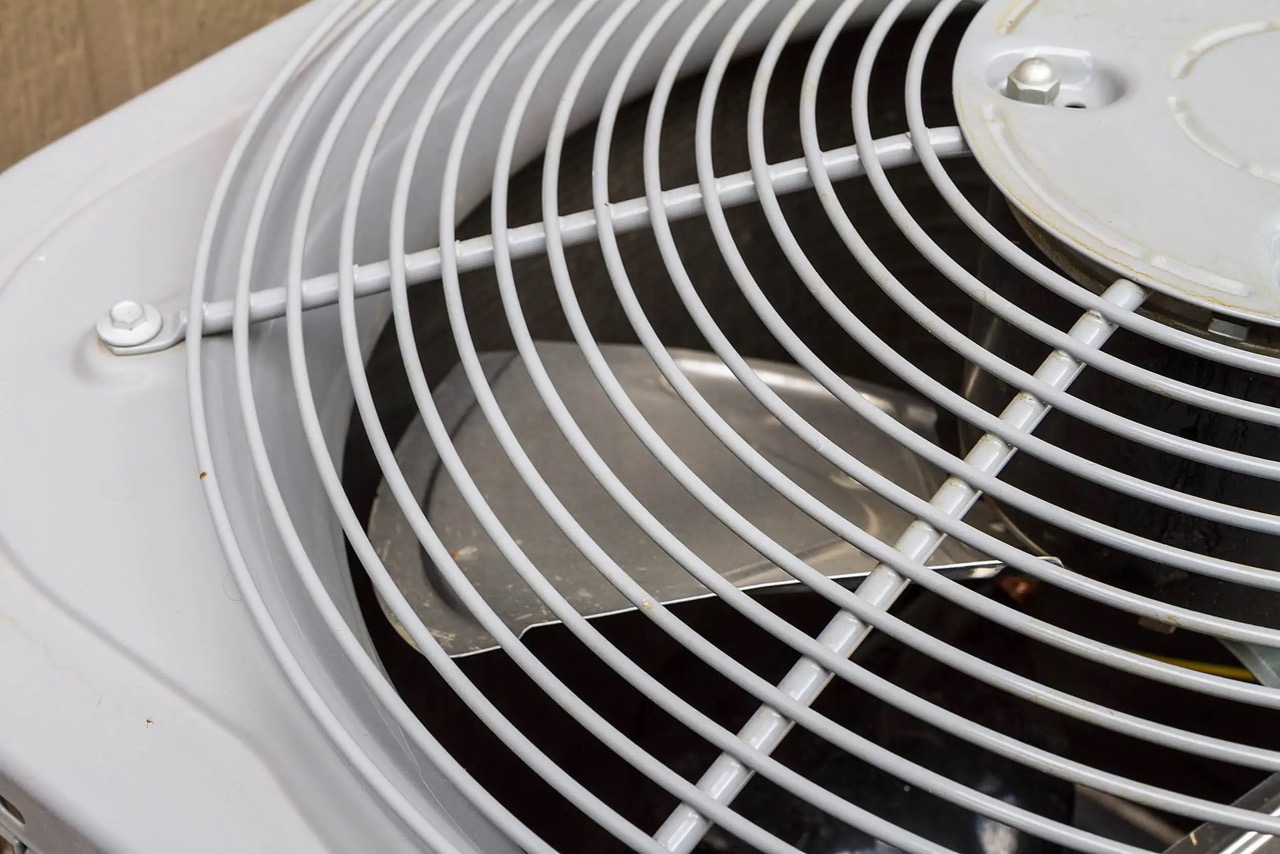
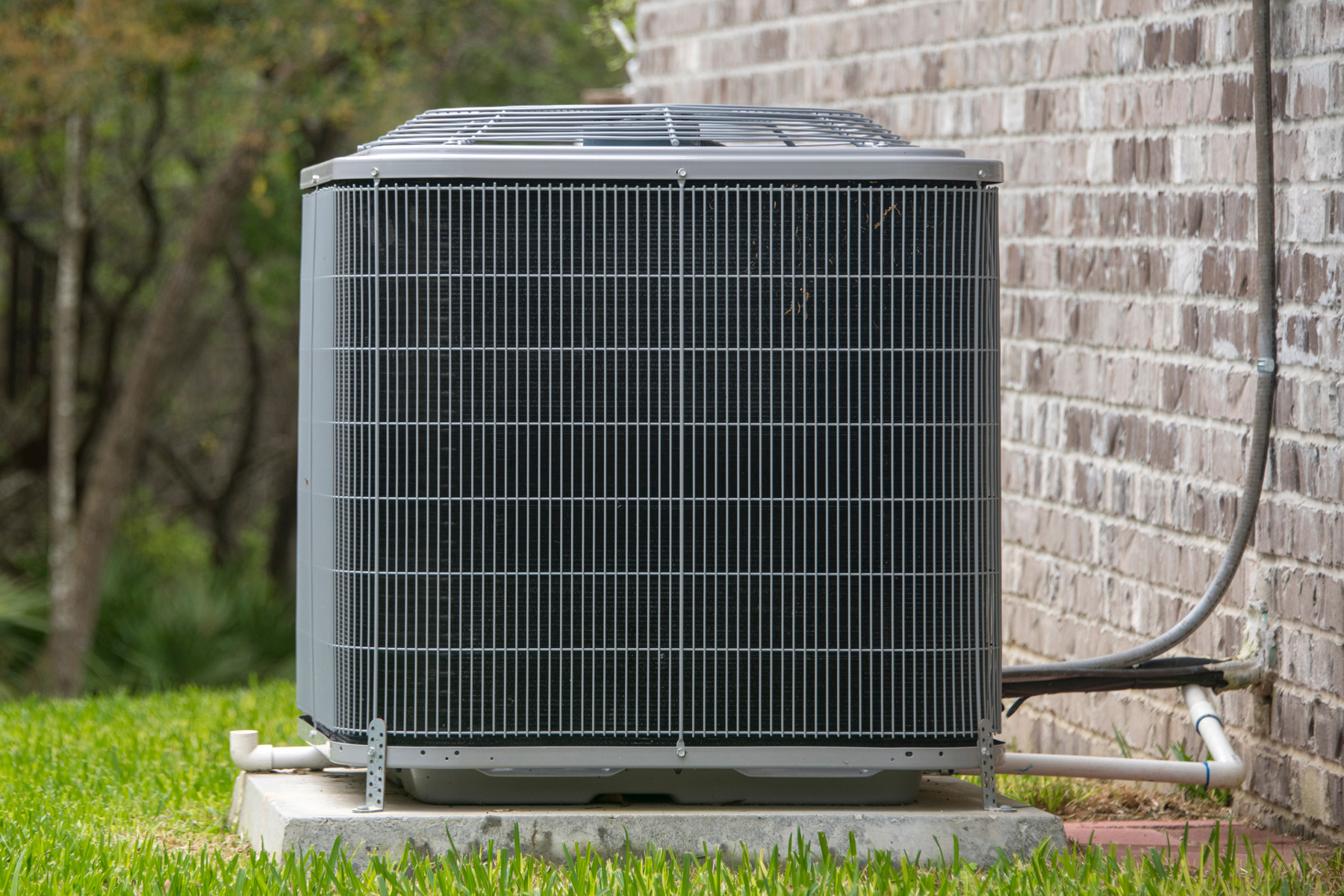
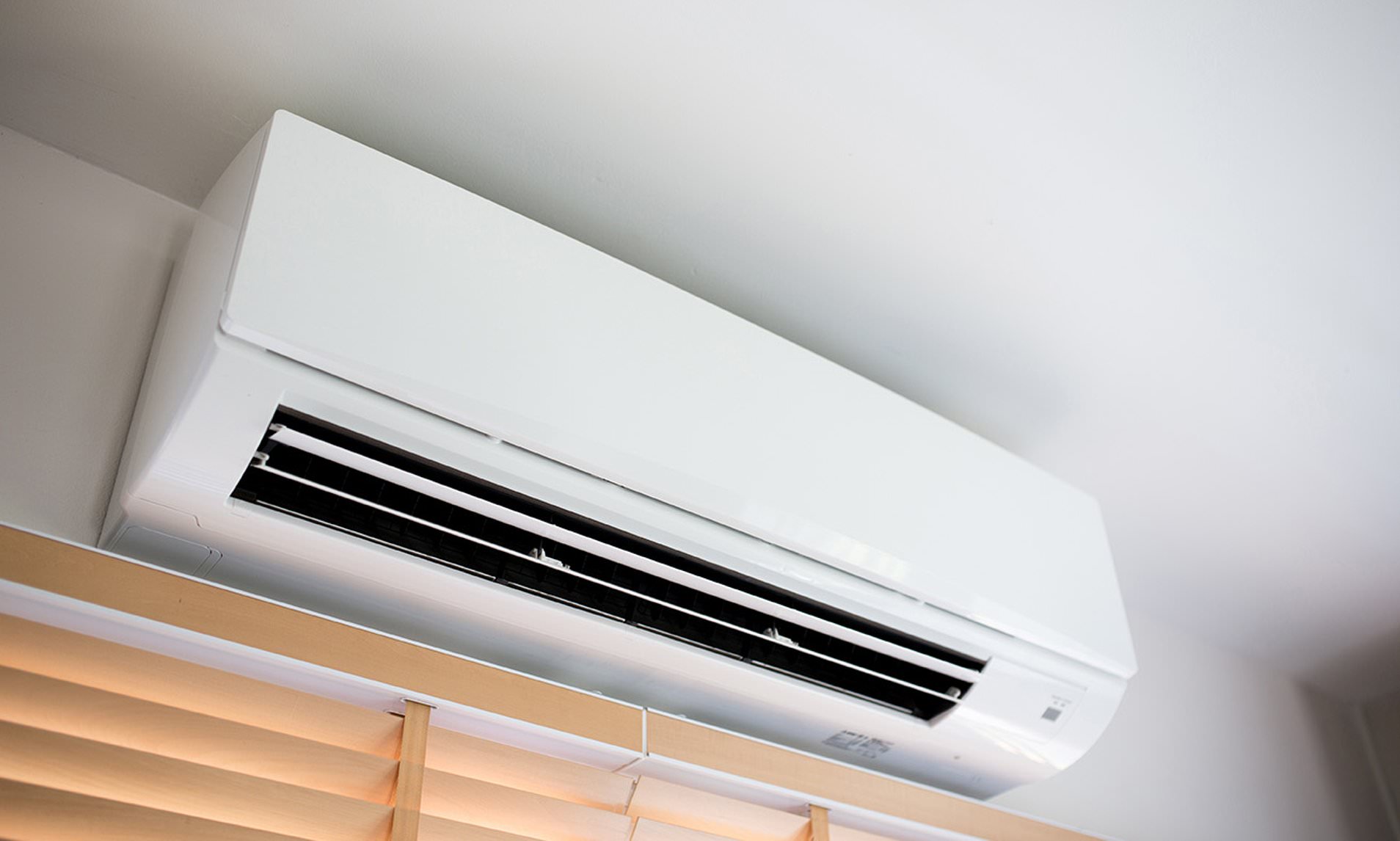
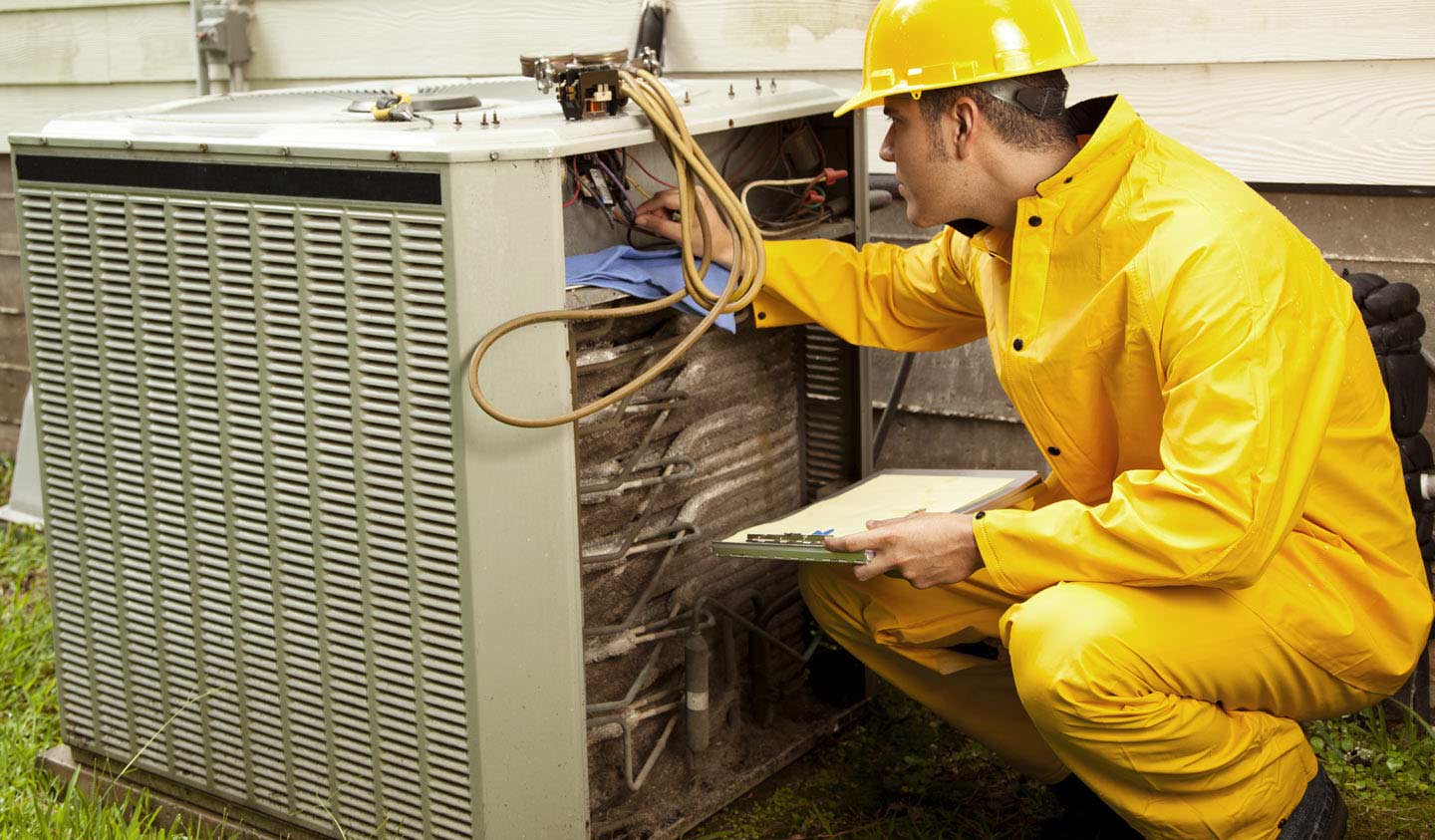
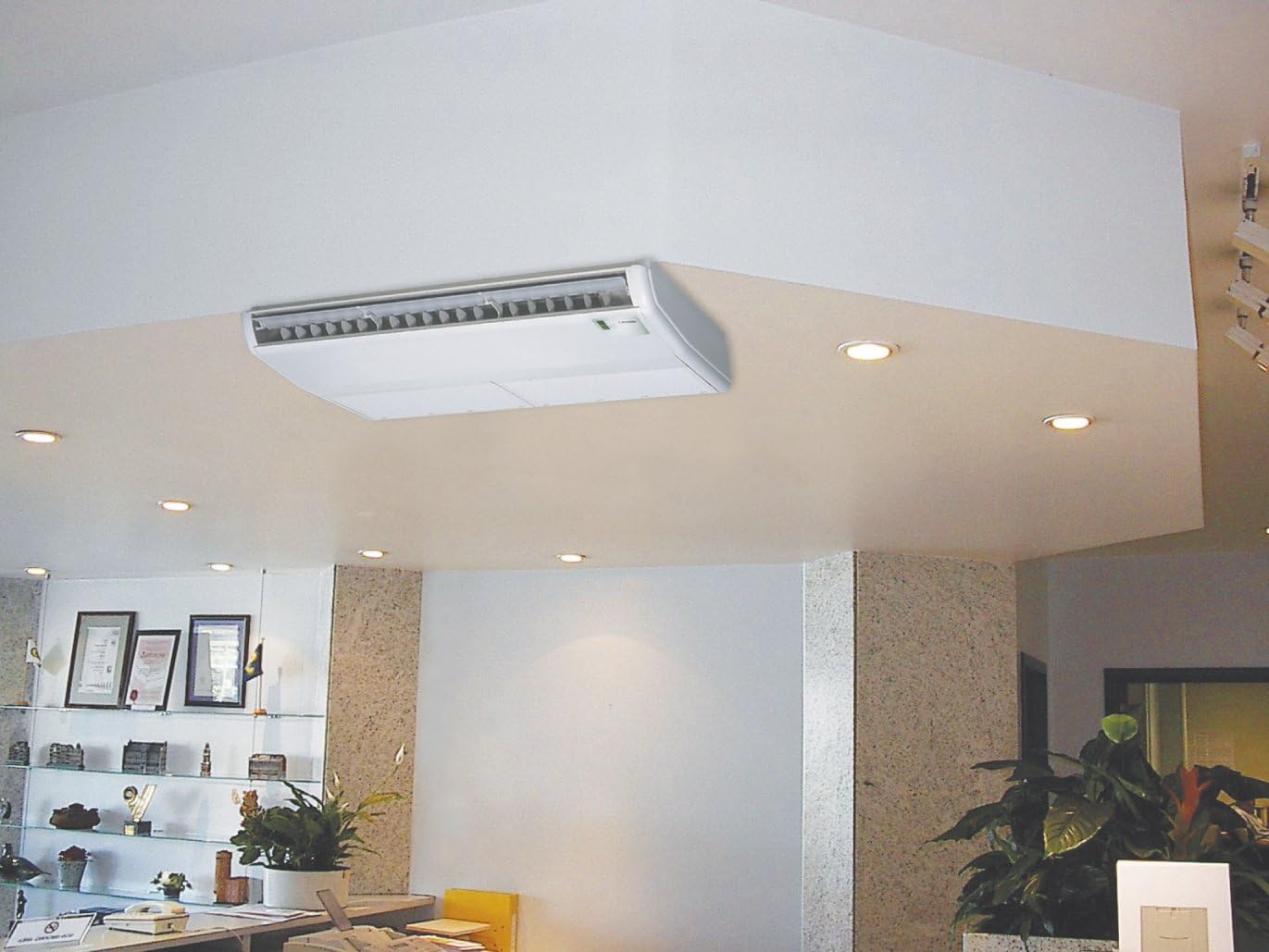
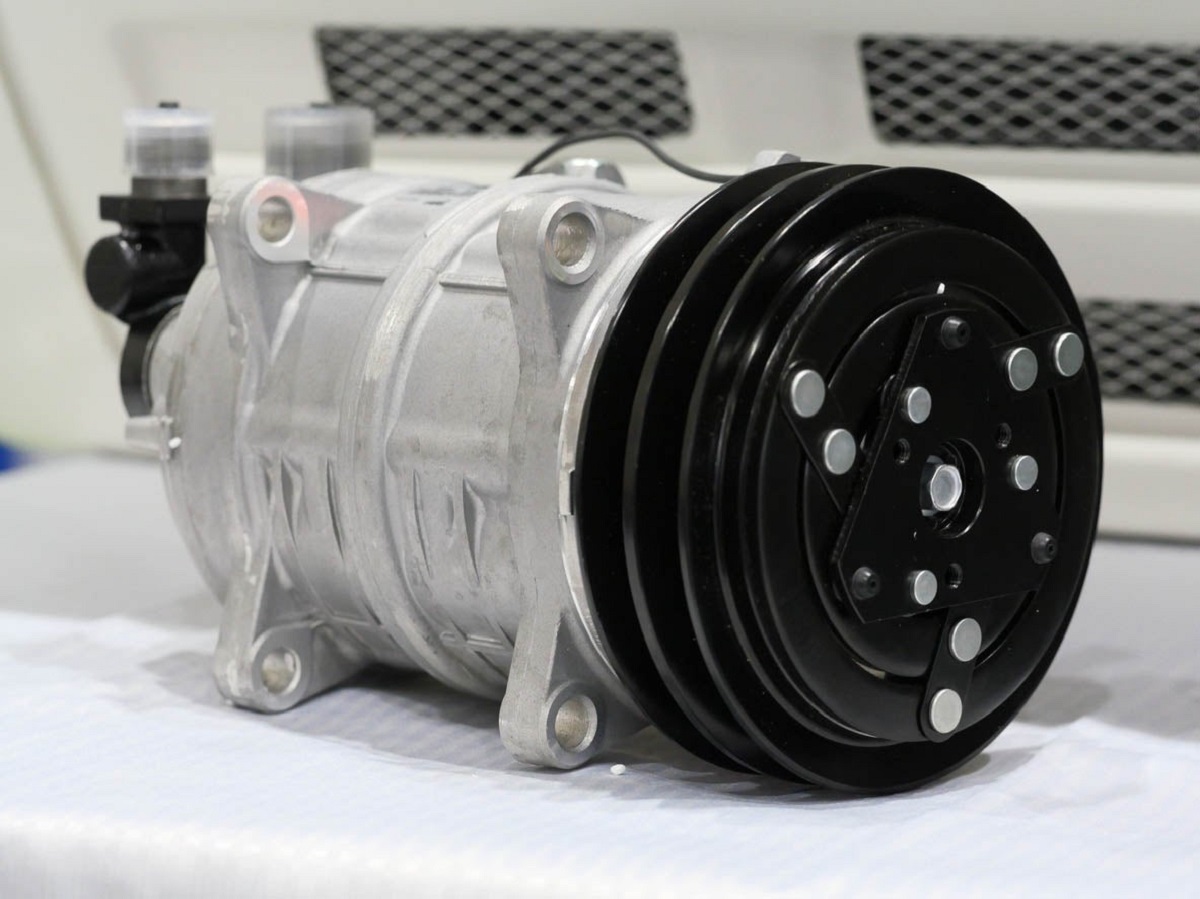


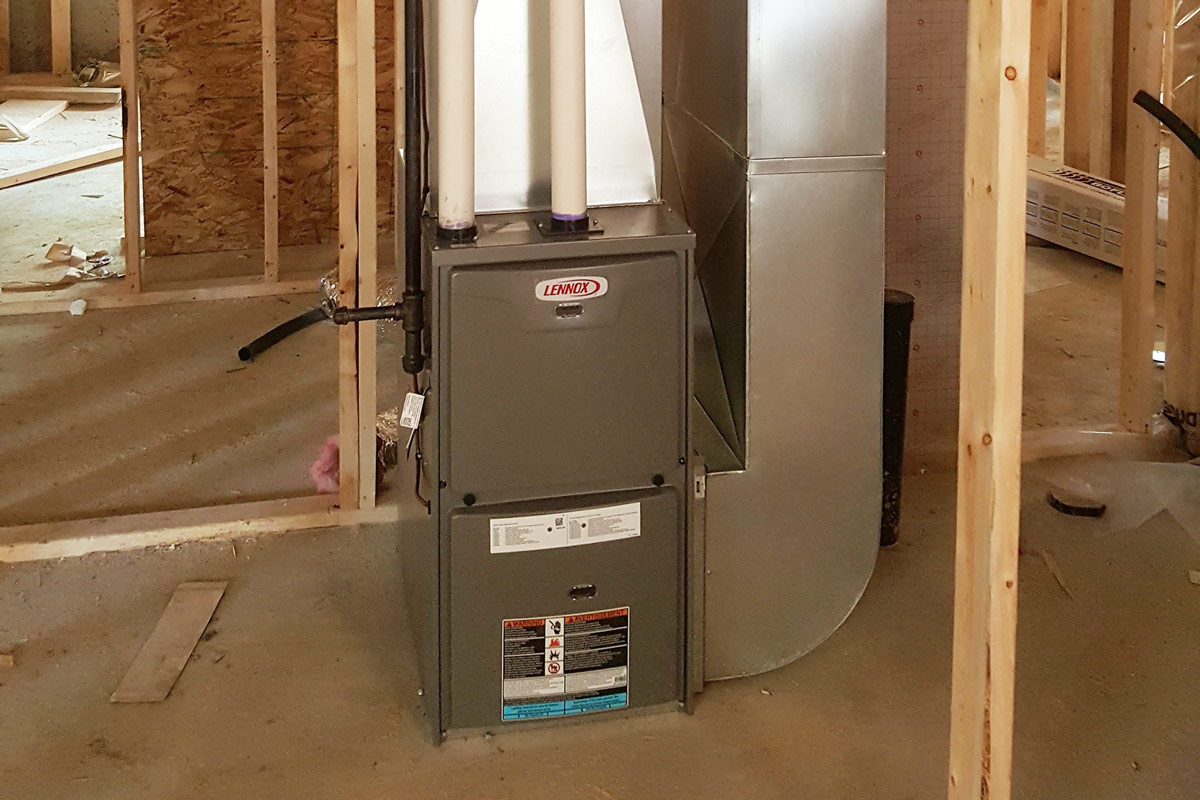
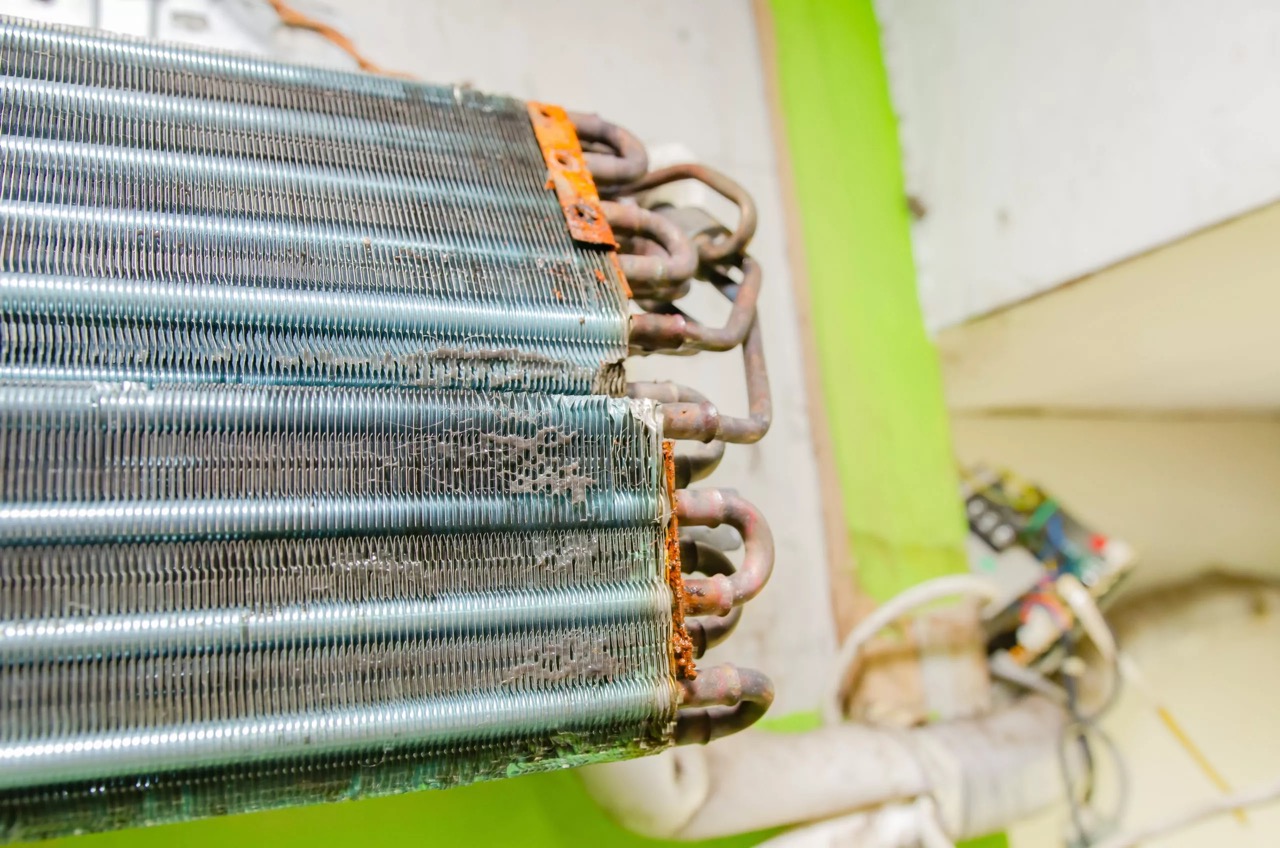
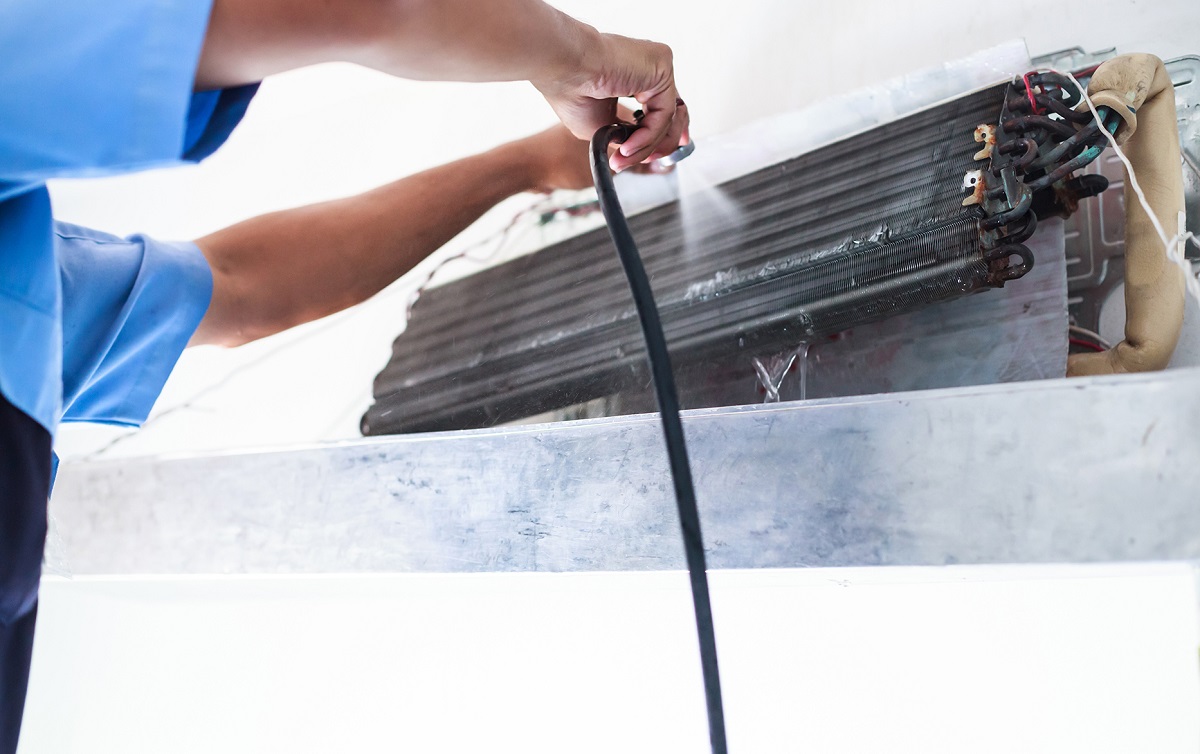
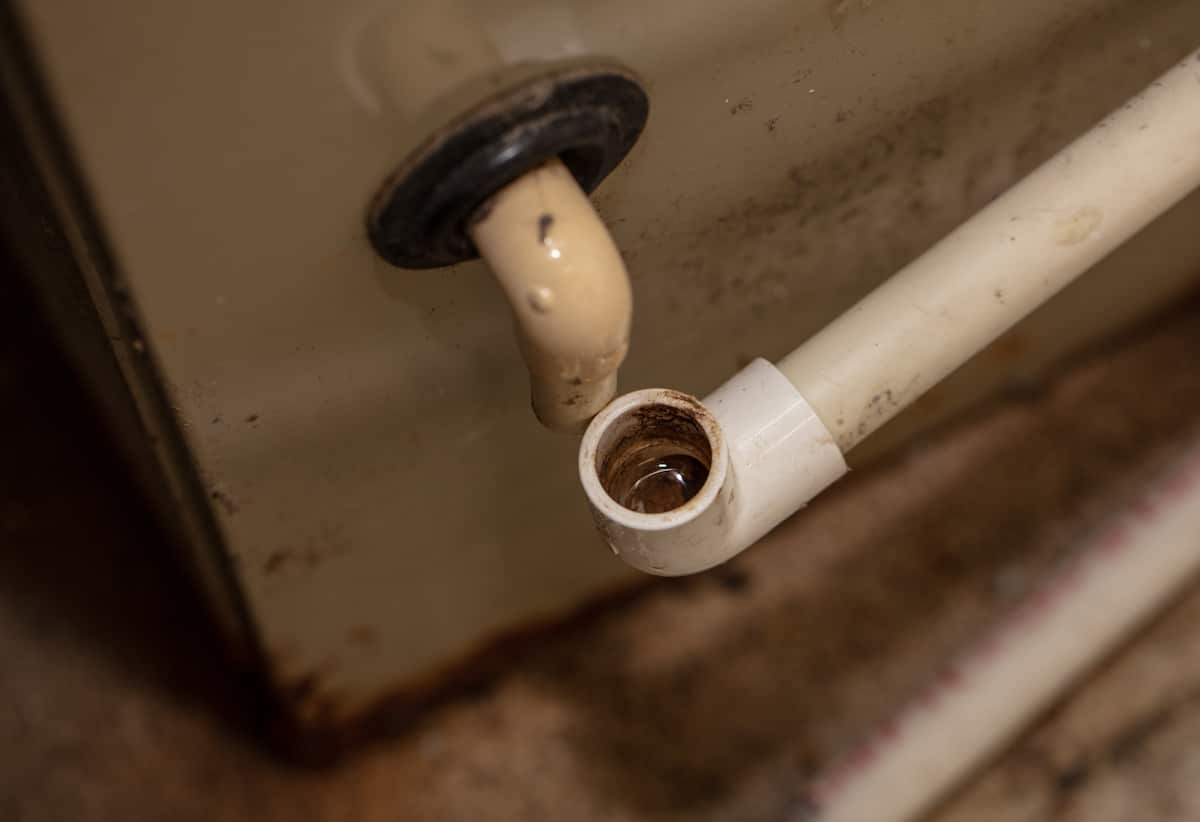

0 thoughts on “How Much Is Freon For AC Unit”